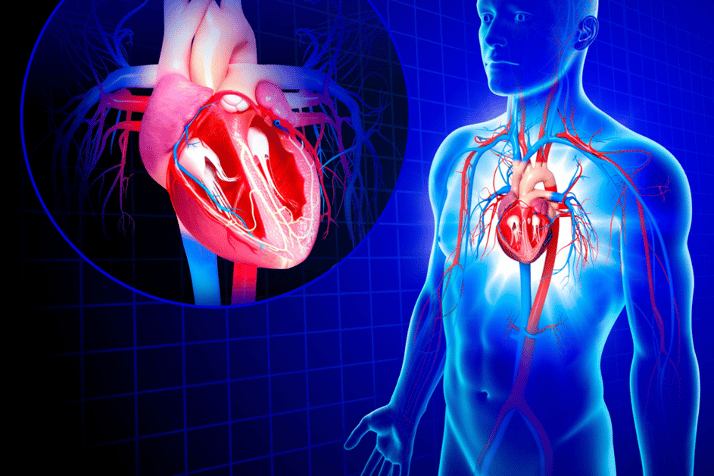What is Ibogaine?
Ibogaine is a drug that stems from the Iboga shrub and is being tested as a treatment for opioid addiction. Studies have shown that ibogaine has promising potential for treating addiction but concerns about possible side effects are still being researched. In this article, Avenues Recovery presents current data on the effectiveness and risks of ibogaine as a method of treating addiction.
Many want to know if Ibogaine is illegal. There’s still controversy regarding Ibogaine treatment in the USA at present and it has been classified by the Food and Drug Administration (FDA) as a Schedule I drug since it has a high potential for abuse.
How does Ibogaine Treatment Work?
Recent research suggests that in addition to Ibogaine being used to treat fever, toothache, and other physical issues, it can also be used to treat opioid use disorder and to curb withdrawal symptoms and cravings. This form of treatment is still in the research phase and there is not yet enough evidence to prove that it can significantly assist in curing the disorder, or that it does not cause further addiction or other adverse effects.
Ibogaine Studies
One particular study on the effectiveness of the ibogaine opioid treatment was conducted on 30 human volunteers in Mexico, who were looking to detox from opioids [1]. The conductors of the study measured the frequency and dosage of opioid use at the beginning of the ibogaine treatment, taking into account the medical and psychiatric status, employment, and family history of every patient. The study then followed up with the patients monthly for 12 months to determine whether or not they had succeeded in withdrawing from opioids.
Within the first month, ten out of the 30 patients relapsed. 60% relapsed within the first two months and 80% within the first six months of the treatment. Only 20% made it to the 6-month mark without relapsing. At the end of the year, a mere 4 out of the original 30 participants did not relapse. It was concluded that ibogaine does not cure the addiction but instead may be used to interrupt the pattern of opioid use disorder.
A different study on 75 people in Brazil, however, did show positive results of ibogaine for alcoholism, cannabis, and cocaine users [2]. They determined that together with therapy and support, a controlled dose of ibogaine by a physician led to more prolonged abstinence of the alcohol or drugs with each dose. They also declared that there were no adverse ibogaine side effects and is therefore a safe and effective treatment option.
Another study measured the intensity of the withdrawal symptoms in addition to the cravings level in addicts before and after the ibogaine infusion [3]. 48 hours after the infusion, 78% of participants did not experience clinical signs of opioid withdrawal, 79% reported minimal cravings, and 68% claimed that they experienced only mild withdrawal symptoms. The results showed that ibogaine opioid treatment can reduce the side-effects of withdrawal and cravings.
It is important to note that currently there is insufficient data to prove ibogaine therapy’s effectiveness because of the small sample size. Furthermore, it has not yet been proven that ibogaine treatment does not cause adverse side-effects, in particular cardiotoxicity.
Ibogaine Side Effects
The immediate Ibogaine side effects take on two phases, known as the ‘visionary phase’ and the ‘introspection phase’. The visionary phase refers to the 4-6 hours after ingesting the drug where the person experiences hallucinations and dissociation. The introspection phase has psychotherapeutic effects. It causes the person to enter a dream-like, altered consciousness where different memories and traumas can be processed and negative fears and emotions can be dealt with.
Ibogaine has hallucinogenic properties and when used irresponsibly, can cause serious heart effects and even death. Other high-dose Ibogaine side-effects include:
- difficulty with balance and muscle coordination
- nausea and vomiting
- gastrointestinal issues
- long QT syndrome (irregular heartbeat which can lead to seizures, fainting and sudden death).
Does Ibogaine cause Cardiotoxicity?
During the process of studying the potential of ibogaine in assisting rehabilitation from drugs, there were concerns of the drug causing cardiotoxicity, thereby terminating further research. This refers to damage to the heart muscle that causes the heart to become weaker and less efficient in pumping blood around the body. Eventually, cardiotoxicity [4] can lead to heart failure, which is fatal. Ibogaine treatment is especially unsafe for people with pre-existing cardiac conditions and for those taking concurrent medications.

Ibogaine Treatment Centers
Being that it is illegal to use Ibogaine in the USA, there are no legal rehabilitation centers that use this drug as part of their treatment. There are, however, legal centers for ibogaine treatment in Mexico and Brazil.
Ibogaine Treatment - In a Nutshell
Opioid use disorder is a difficult condition to live with and the withdrawal process is extremely unpleasant. Because of insufficient research and proven data, ibogaine treatment is not an option in the USA yet, and people are skeptical about the effectiveness and safety of these centers elsewhere. Although this is not the conventional treatment option at this time, we at Avenues Recovery are experienced with opioid use disorder rehabilitation and can guide you or your loved one through the detox and therapeutic processes.
Contact us to begin your path to recovery.


